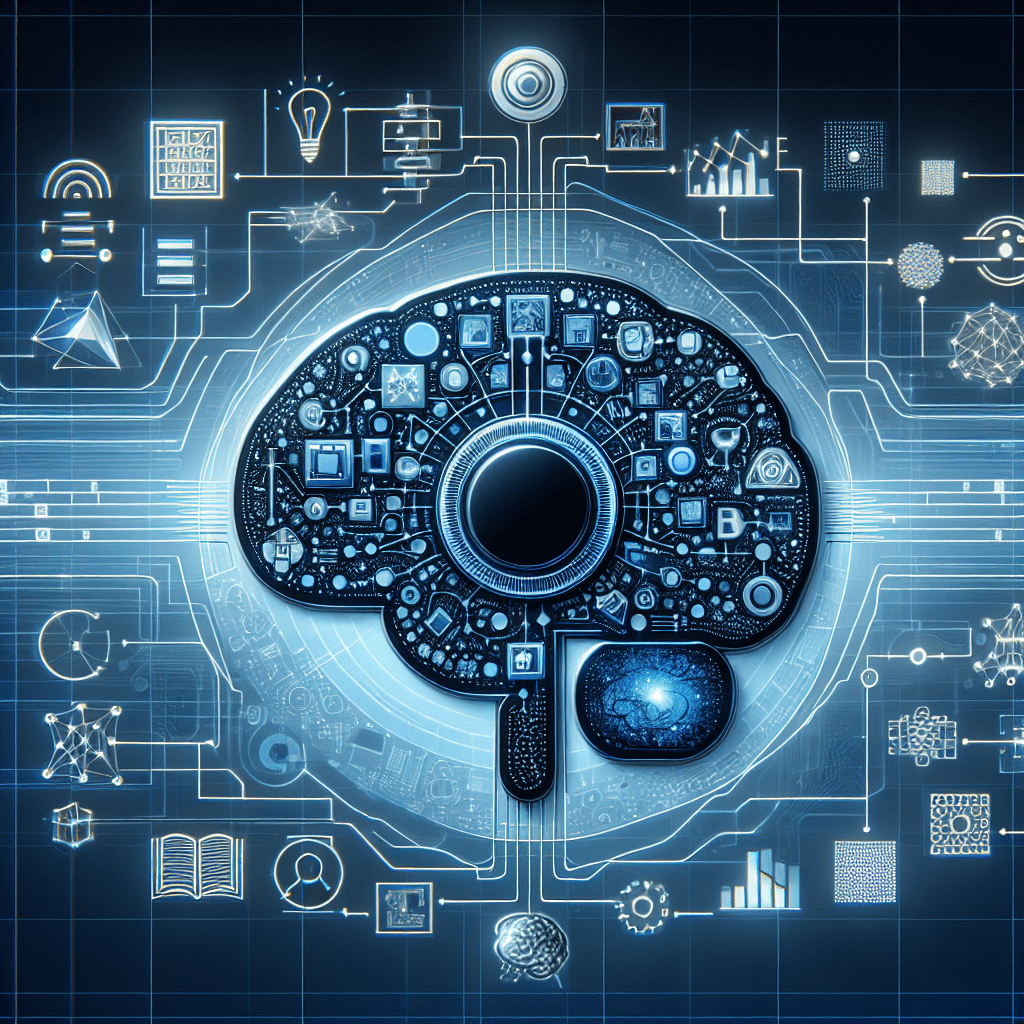Machine learning has become an essential tool in various industries, from healthcare to finance to marketing. One subset of machine learning that has gained significant popularity in recent years is deep learning. Deep learning allows machines to learn from data by using neural networks with multiple layers, making it possible for them to make complex decisions without human intervention. In this article, we will delve deeper into the world of Deep Learning Tools and how you can master them.
What are Deep Learning Tools?
Deep Learning Tools are software or frameworks that enable developers to build and train deep neural networks. These tools provide a range of functionalities, including data preprocessing, model building, training, and evaluation. Some of the most popular Deep Learning Tools in the market today include TensorFlow, PyTorch, Keras, and Caffe.
TensorFlow
TensorFlow is an open-source machine learning library developed by Google. It is widely used for building and training deep neural networks. TensorFlow offers a rich set of APIs for building various types of machine learning models, including convolutional neural networks (CNNs), recurrent neural networks (RNNs), and generative adversarial networks (GANs).
PyTorch
PyTorch is another popular deep learning framework that is known for its flexibility and ease of use. It is developed by Facebook’s AI Research lab and has gained traction in the research community for its dynamic computation graph feature, which allows for easier debugging and model building.
Keras
Keras is a high-level neural networks API that is built on top of TensorFlow and Theano. It provides a simple and intuitive interface for building deep learning models, making it ideal for beginners and rapid prototyping. Keras also supports both CPU and GPU computations, making it a versatile choice for deep learning projects.
Caffe
Caffe is a deep learning framework developed by the Berkeley Vision and Learning Center. It is particularly well-suited for image recognition tasks and is known for its speed and efficiency. Caffe’s architecture is modular, making it easy to extend and customize for specific use cases.
How to Master Deep Learning Tools
Mastering Deep Learning Tools requires a combination of theoretical knowledge and hands-on experience. Here are some steps you can take to become proficient in using these tools:
1. Learn the Basics
Start by gaining a solid understanding of the fundamentals of machine learning and deep learning. This includes topics such as neural networks, optimization algorithms, and loss functions. There are plenty of online courses and tutorials available that can help you build a strong foundation in these areas.
2. Practice Coding
Hands-on experience is crucial for mastering Deep Learning Tools. Start by implementing simple machine learning models using TensorFlow, PyTorch, or Keras. Experiment with different architectures and hyperparameters to understand how they affect the performance of your models.
3. Work on Real-world Projects
To truly master Deep Learning Tools, you need to apply them to real-world problems. Start by working on small projects that interest you, such as image classification or natural language processing. This will help you gain practical experience and deepen your understanding of how to use these tools effectively.
4. Stay Updated
The field of deep learning is constantly evolving, with new tools and techniques being developed all the time. Stay up to date with the latest research papers, articles, and conferences to ensure you are aware of the latest advancements in the field.
Conclusion
Deep Learning Tools have revolutionized the way we approach machine learning problems, allowing us to build more complex and sophisticated models than ever before. By mastering tools such as TensorFlow, PyTorch, Keras, and Caffe, you can unlock the full potential of deep learning and leverage it to solve a wide range of problems. With dedication and practice, you can become proficient in using these tools and make meaningful contributions to the field of AI.
FAQs
What is deep learning?
Deep learning is a subset of machine learning that uses neural networks with multiple layers to learn from data. It is capable of making complex decisions and extracting meaningful patterns from large datasets.
Which Deep Learning Tools are popular in the industry?
Some of the most popular Deep Learning Tools in the industry are TensorFlow, PyTorch, Keras, and Caffe. These tools are widely used for building and training deep neural networks for various applications.
How can I master Deep Learning Tools?
To master Deep Learning Tools, you need to gain a strong theoretical understanding of machine learning concepts, practice coding with these tools, work on real-world projects, and stay updated with the latest research trends in the field.
Quotes
“Deep learning is not just about building better models, but also about understanding the data and problem domain in depth.” – Andrew Ng
#Mastering #Machine #Learning #Closer #Deep #Learning #Tools


